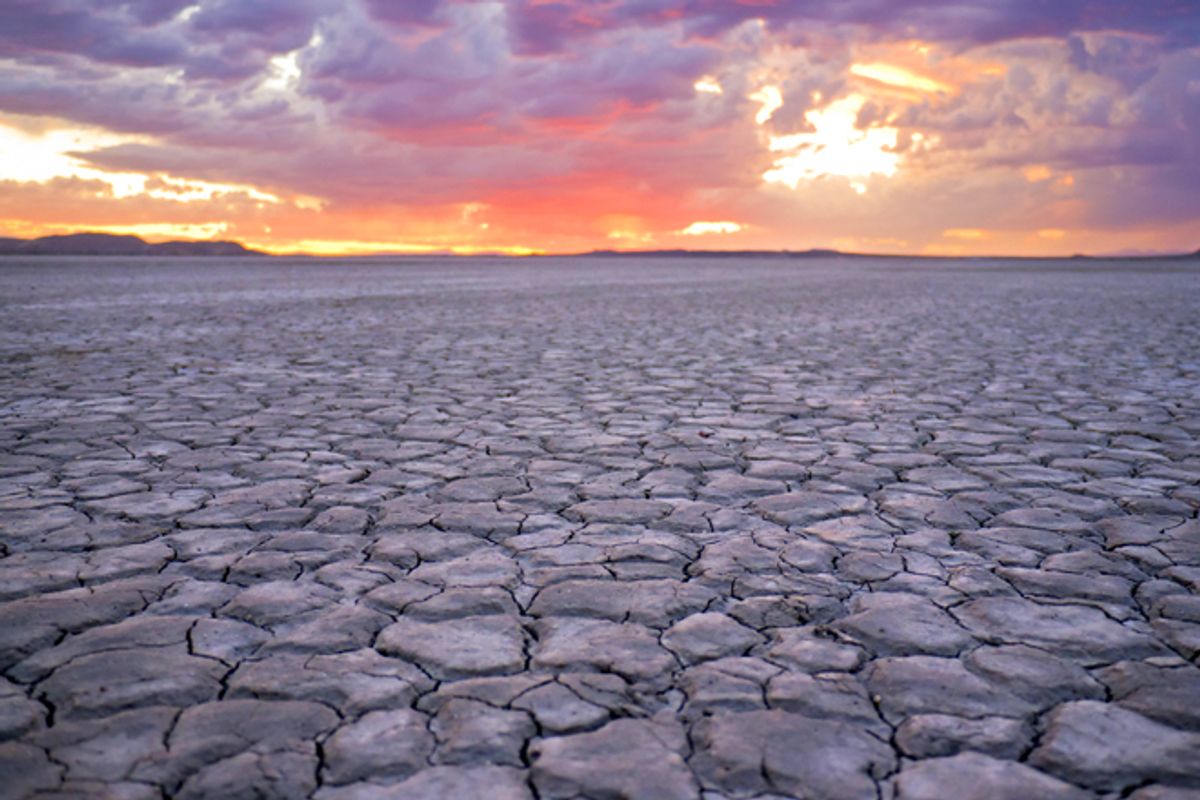As he begins his last few years in office, President Obama is finally addressing the worsening inequality in this country. In his State of the Union speech, he declared: “Inequality has deepened. Upward mobility has stalled. The cold, hard fact is that even in the midst of recovery, too many Americans are working more than ever just to get by – let alone get ahead.” I’m thrilled the president is shining a light on inequality. But for environmentalists, the debate over inequality – not only here in the US, but also the chasm between wealthy and poor countries – raises serious tensions and forces us to look beyond the mainstream conversations for solutions.
On the one hand, inequality is a huge problem, with many people prevented from accessing the resources they need for dignified lives. Inequality is inherently unjust, and is the root of an array of environmental, health, and social ills. In Spirit Level: Why More Equal Societies Almost Always Do Better, public health scientists Richard Wilkinson and Kate Pickett show that high levels of inequality correlate with a stunning array of ills that reduce quality of life for all of society.
And inequality undermines the workings of our democracy, which is a problem since we need a functioning democracy to solve big problems – like climate change and even inequality itself. Under the post-Citizens United system of campaign finance in the US, inequality is a near-absolute barrier to significant political participation by all but the super rich, making it hard to advance goals on the environment, education, and workers’ rights. Reducing inequality is not a cause environmentalists can afford to watch from the sidelines.
On the other hand, it’s undeniable that worldwide, and especially in the US, we’re already using too many resources. We have only one planet, but globally humanity is using raw materials and generating waste at a rate that would take 1.5 Earths to sustain.
The leading solutions put forward to address inequality are “growing the pie” and “raising the floor.” In other words, increasing economic growth so there’s more stuff to go around and raising low end wages to make it possible for poor people to access the stuff they need. Wages are raised so that people buy more goods; businesses expand to meet the increased demand by hiring more workers; more workers equals more people buying more stuff; and the wheel keeps turning.
Here’s the tension: Yes, many people need more resources to meet basic levels of health and security. At the same time, humanity is consuming too much. If our strategy to address inequality focuses only on increasing access to consumption without seeking bigger changes in the way we consume resources, we’ll end up hastening our ride over the ecological cliff.
But are these our only options? Accepting vast inequities in the name of curtailing consumption, or expanding the take-make-waste system so that we can all trash the planet equitably?
Not only is this a false choice, but I’d argue that solutions to the ecological and inequality problems are inseparable. If we address inequality without considering environmental issues, we speed up ecosystem decline. If we focus on environmental limits without addressing inequality, we end up with resource apartheid. Neither is okay. So let’s ask a different question: How do we transform today’s growth-at-all-costs economy into one that sustains the planet and all its people, including those who are currently left out?
It’s a big question, and I don’t pretend to have all the answers. But I do have some ideas of steps to get started.
First, we have to scrap the idea that GDP growth equals societal progress. New Economy thinkers and activists are working hard to develop a different economic model that serves people and the planet so that we’re increasing equity and living within the planet’s limits simultaneously.
Second, we need to get way more ambitious about using resources efficiently so we can meet more human need out of each unit of resource consumed. Our buildings, our cars, and our energy systems are all vastly inefficient and engineers tell us it’s possible to improve current efficiency tenfold. Instead of growing the pie, we need to ensure that none of the pie is wasted, freeing up resources that then could be divided more equally.
Third, we need to raise one of the most politically unpopular terms of the day: redistribution. If that word doesn’t fly in your circles, how about a more palatable version: share. Those of us who have more than enough can add more to our well-being by embracing sharing than by continuing on the treadmill of more, more, more.
Solving both inequality and environmental decline is possible, but only if we see the two struggles as one.



Shares